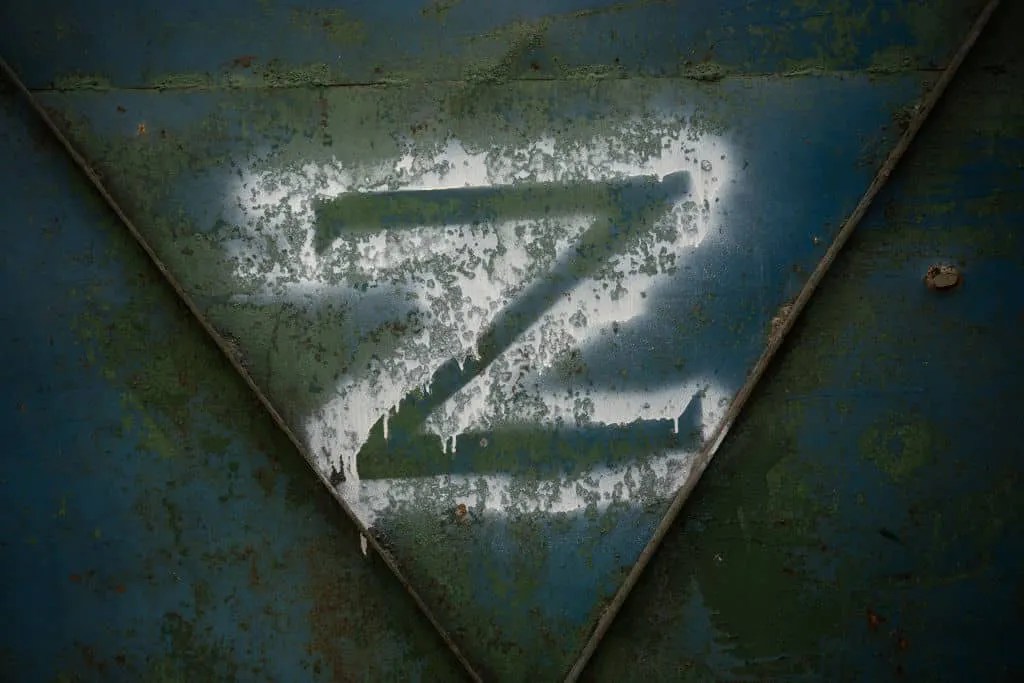Renata is a young paediatrician from St Petersburg who, since Russia’s invasion of Ukraine, keeps crying at work. Her colleagues are baffled: why is she sobbing over Ukrainian deaths when she doesn’t have relatives there? She’s surrounded, she says, by ‘complete incomprehension’ from her fellow-doctors, ‘and I’m quietly going insane.’ Her mother Vinera, a school headteacher, advocates the war, believes the West has its eye on Russia’s ‘inexhaustible wealth’ and that it envies Russia’s people for their ‘spiritual’ values. Renata no longer goes home to visit Vinera: ‘I find her disgusting, she’s a hypocrite, I’m disgusted by her views.’
Galya is a violinist from Samara, locked in a failing marriage to Vladimir, a former state investigator. He’s for the war, she is not. ‘The nightmare is speeding up,’ she says. ‘We’re descending into some kind of Reich, or we’re already there.’ The two now live in separate rooms, meeting in the hallway for arguments in which they shout over each other until the doors slam.







Comments
Join the debate for just $5 for 3 months
Be part of the conversation with other Spectator readers by getting your first three months for $5.
UNLOCK ACCESS Just $5 for 3 monthsAlready a subscriber? Log in